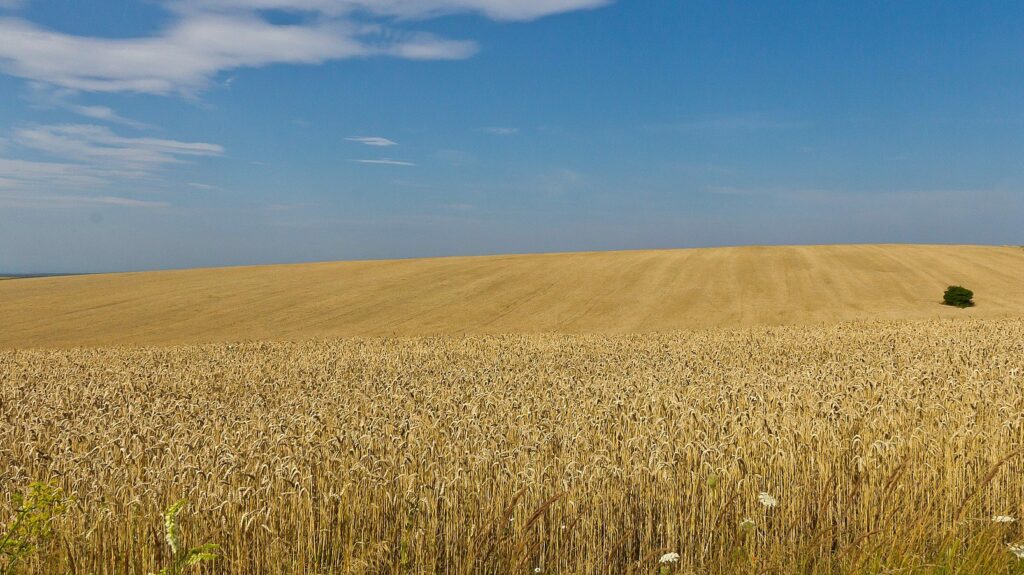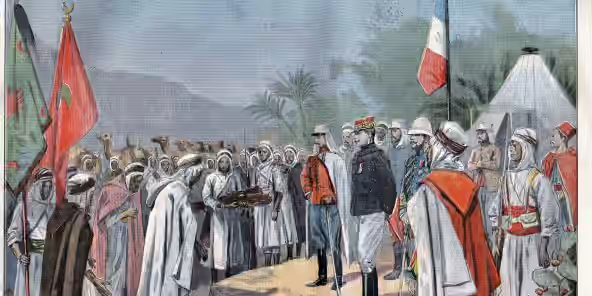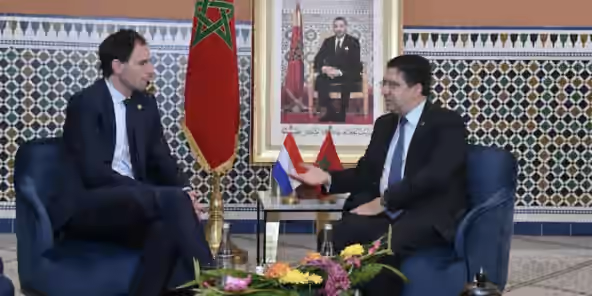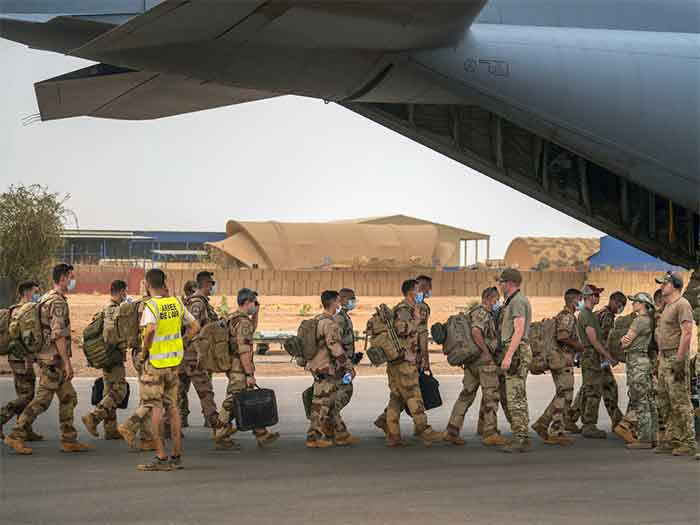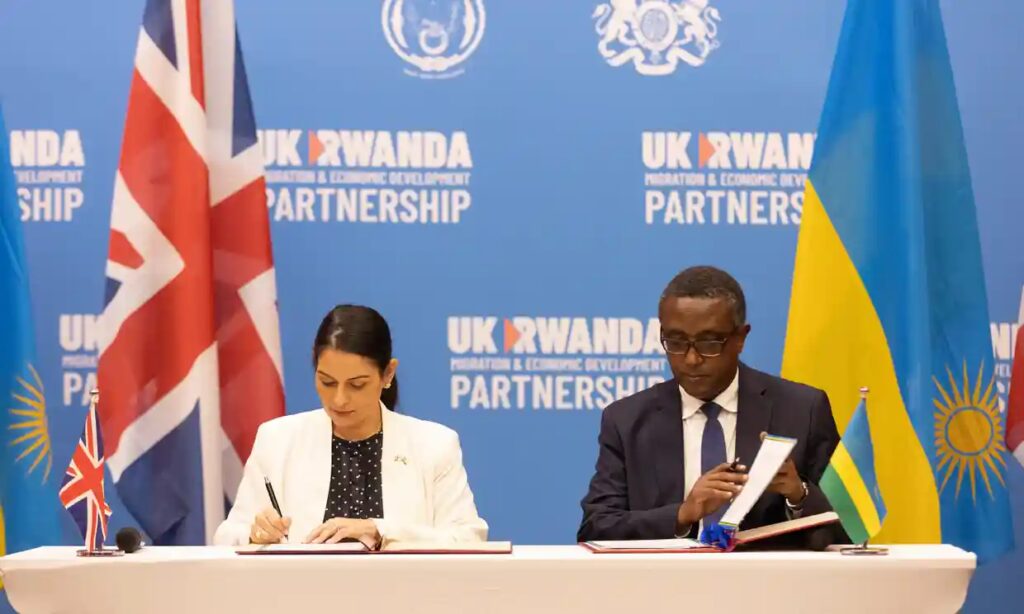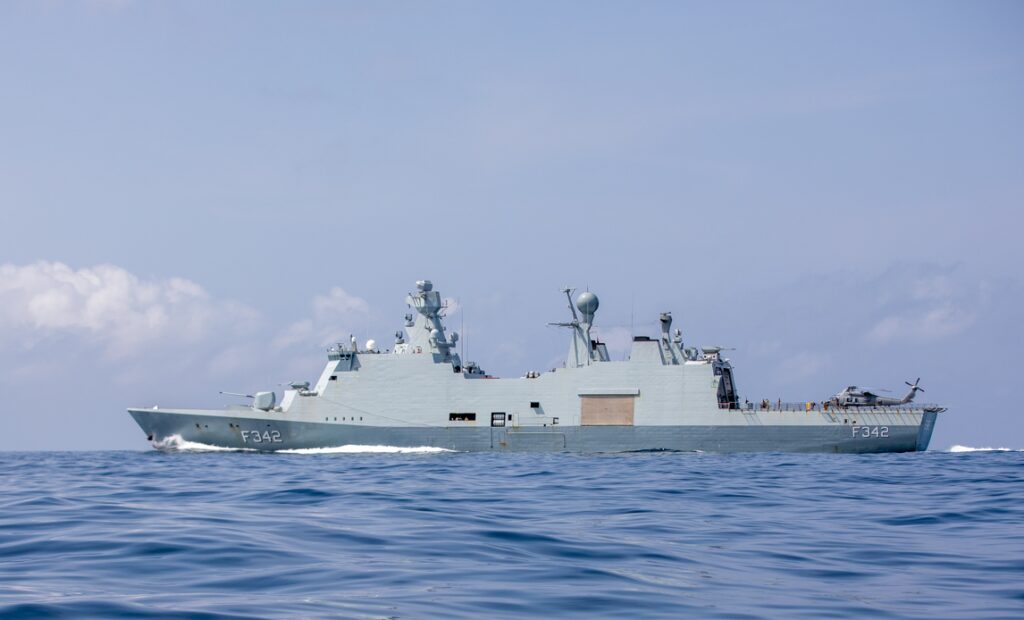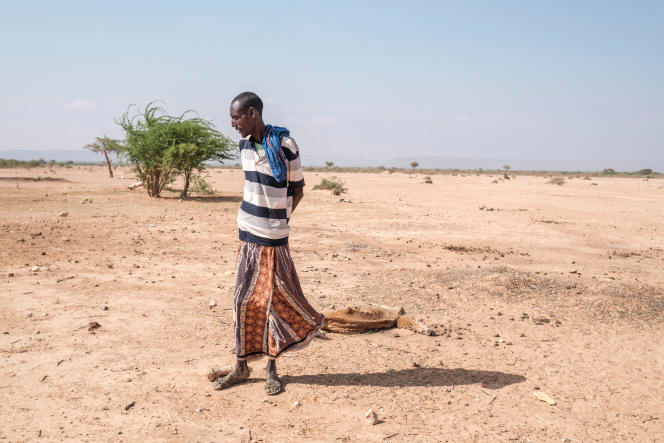Sahel : l’ONU appelle à mener à bien les transitions au Mali et au Burkina Faso rapidement

La Sous-Secrétaire générale des Nations Unies pour l’Afrique, a regretté, mercredi, devant le Conseil de sécurité, la décision des autorités de transition du Mali de se retirer du G5 Sahel et de sa Force conjointe, alors que le contexte sécuritaire dans la région ne cesse de se dégrader.



